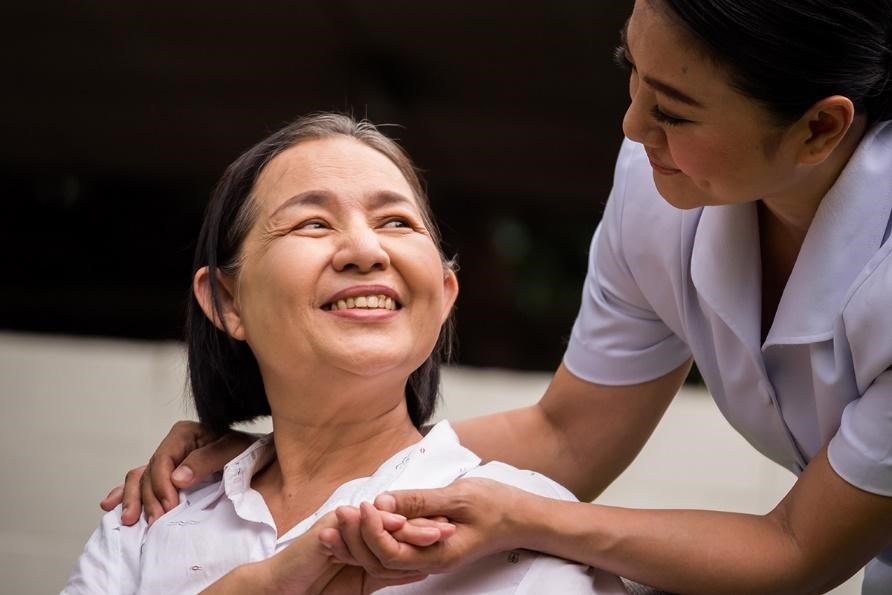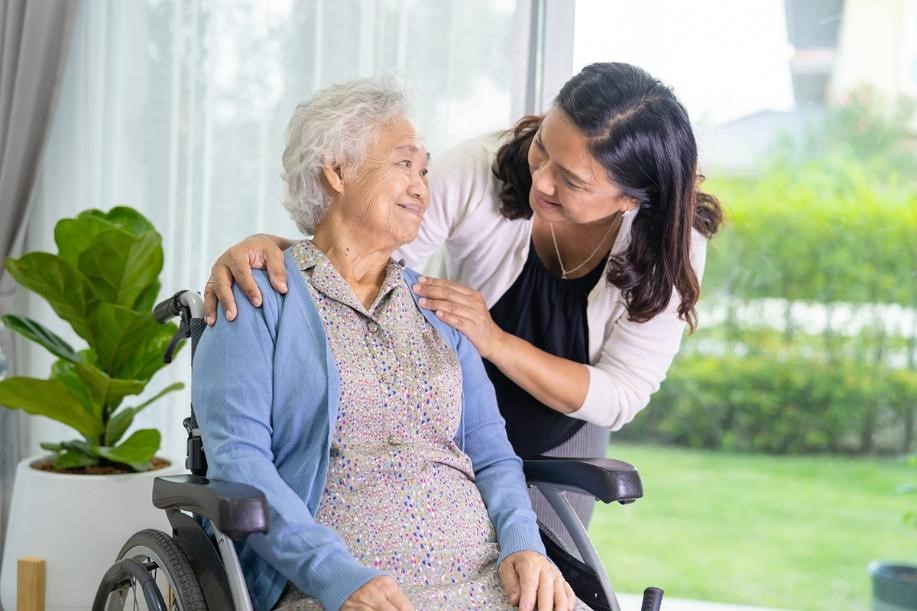
Top Questions To Ask During Senior Medical Emergencies
Medical emergencies can take many different forms. Your loved one may fall and break a hip, have a stroke, or experience chest pain. If these things happen, call 911 immediately. Less serious medical incidents such as non-specific pain, a minor bump on the head, or balance issues or weakness that impacts walking should be brought to the attention of your loved one’s doctor.
When you head to the emergency room or doctor’s office, be prepared with a list of questions to ask, including:
- What is the diagnosis? This might seem obvious, but it’s important to know exactly what your family member has been diagnosed with. Long-term care decisions may be very different for someone who fell as a result of age-related difficulties with balance as compared with someone who is developing Parkinson’s disease.
- Do you expect a full recovery? If your loved one has had a stroke, he or she may not be capable of the same level of independence they had previously.
- Should we expect mental or physical changes? Some medical emergencies may result in long-term mobility problems, changes in mental ability, or other effects. Be sure you know what to watch for before you leave the hospital.
- Are you prescribing any new medications? Make sure you know which medications your mom or dad should be taking and what the dosage is. It’s especially important to have this information if your family member has trouble remembering to take medications. Be sure to pick up that medicine for your loved one and help them with instructions on how they are to take their prescription.
- Will my mom or dad need ongoing assistance? Be sure to ask the doctor if you should provide additional assistance such as home care for your loved one moving forward. Some medical emergencies may result in reduced physical or mental capacity, and your mom or dad may need help with daily routines, bathing and dressing, or doctor’s visits.
Prepare for an Emergency Ahead of Time

- Contact information for your mom or dad’s primary care physician and any specialists. Be sure to take note of area codes, addresses, and Ohio medical transportation options, especially if you are from out of state.
- A list of current medications and dosages. Update this information frequently to prevent any possible negative prescription interactions.
- Information about your loved one’s Ohio health insurance and prescription plan including current insurance cards
- Names of your mom or dad’s power of attorney and health care proxy
- Your loved one’s end of life wishes and care plan
- Insurance Card information
- Financial information such as a bank account number and/or phone number for a bank representative
- Contact information for family, friends, and clergy
If it looks like your family member will be in the hospital for a few days, be sure to wrap up any loose ends such as forwarding the mail, caring for pets, and contacting your loved one’s church if they attend regularly.
We all hope we never have to face a medical crisis, especially one that involves our aging parents. But the reality is that emergencies happen. After the crisis, your loved one may benefit from home care services during recovery or on an ongoing basis. These services may include:
- Mobility Assistance
- Bathing and Dressing
- Meal Preparation
- Transportation to Appointments
- Medication Reminders
- Toileting Assistance
If you want to know more about how home care can help your senior parent recover after a medical emergency, download our FREE Guide to Home Care.
{{cta(‘6a691ae8-409b-4b09-a1d5-2864ffe1c1b5′,’justifycenter’)}}






